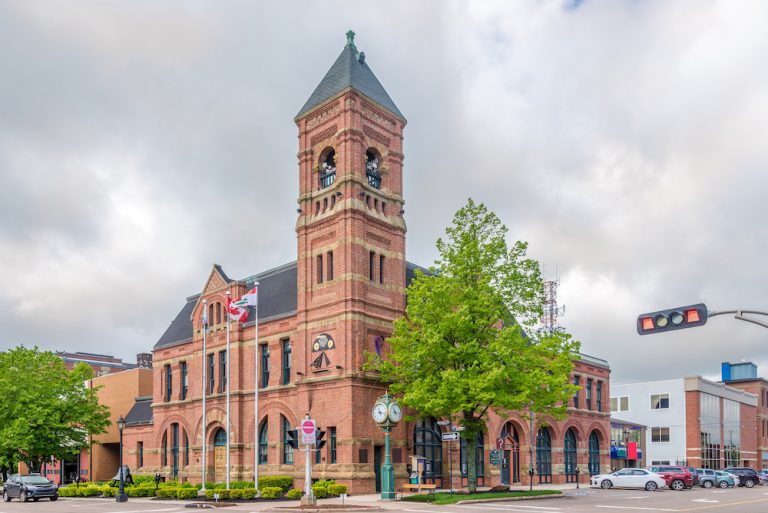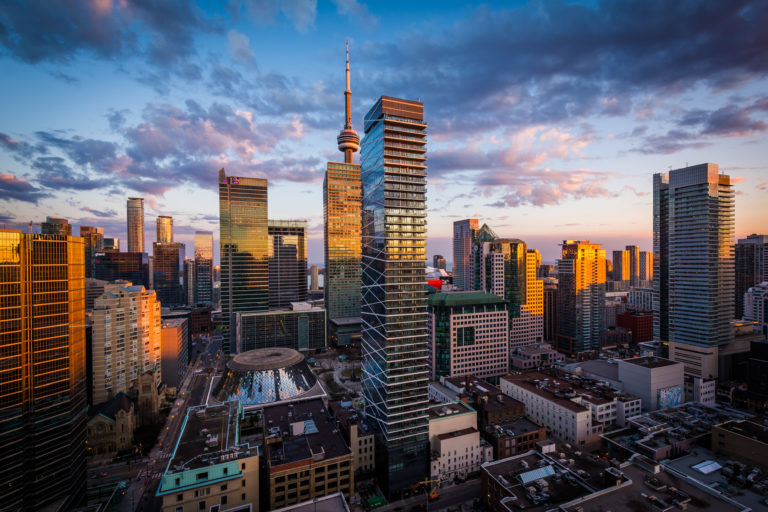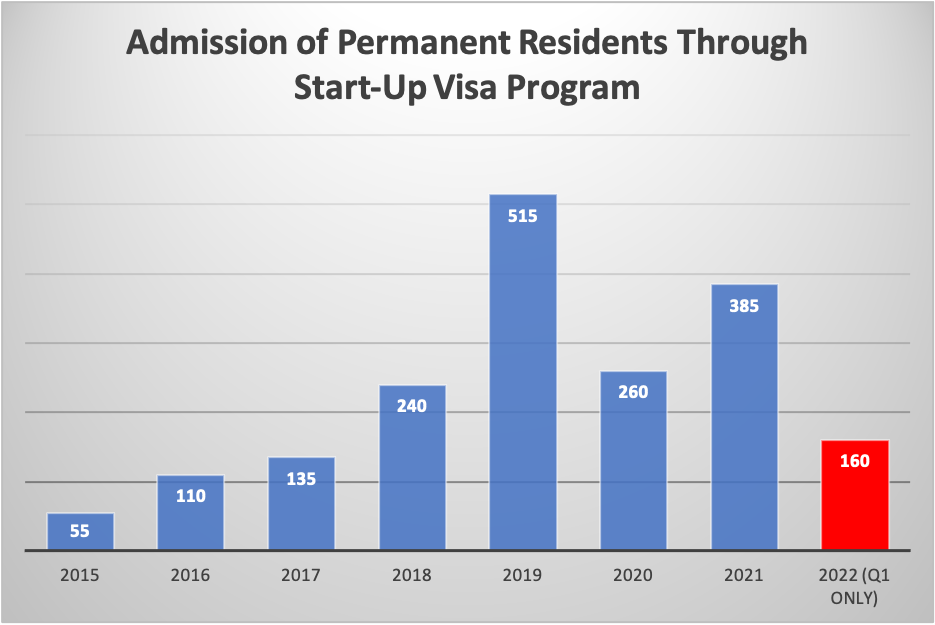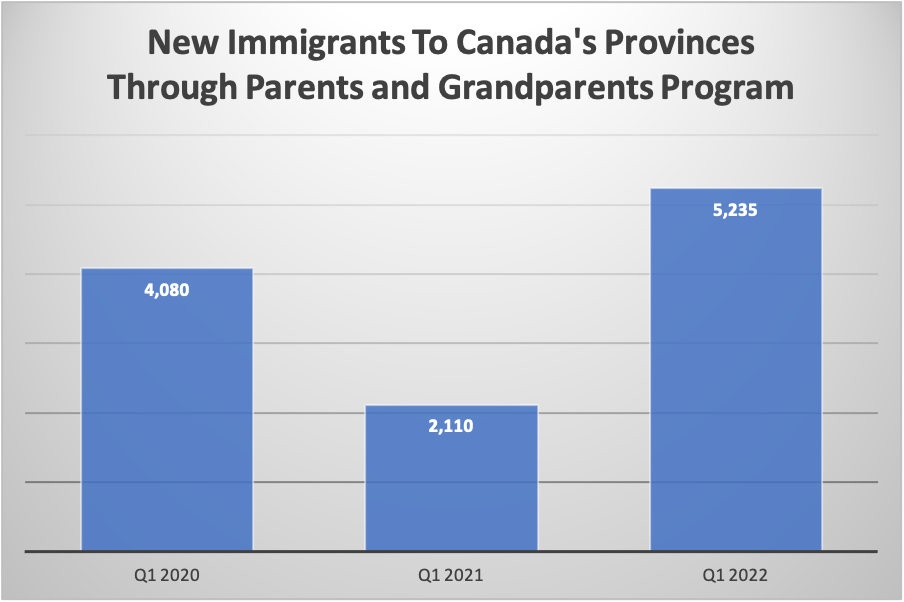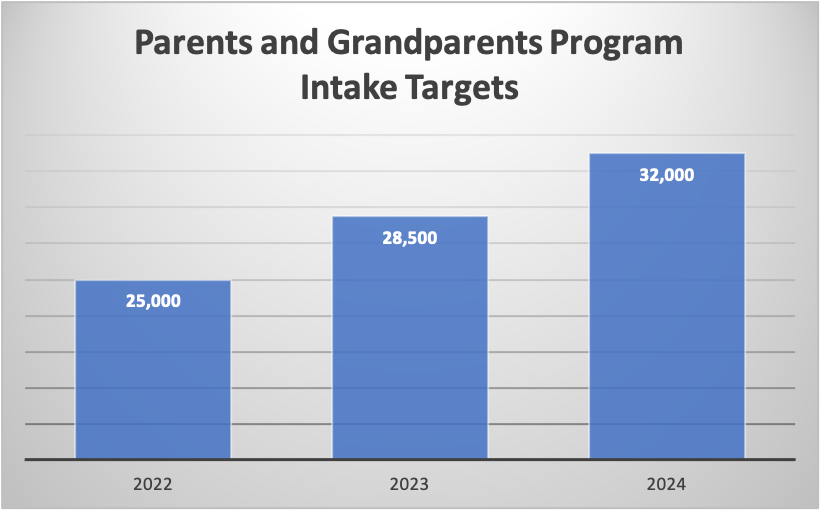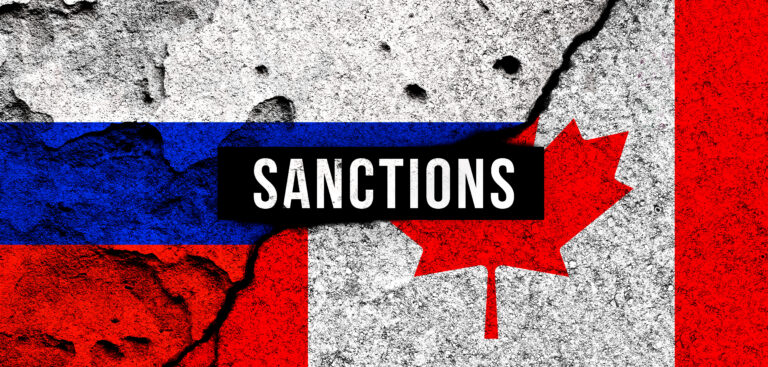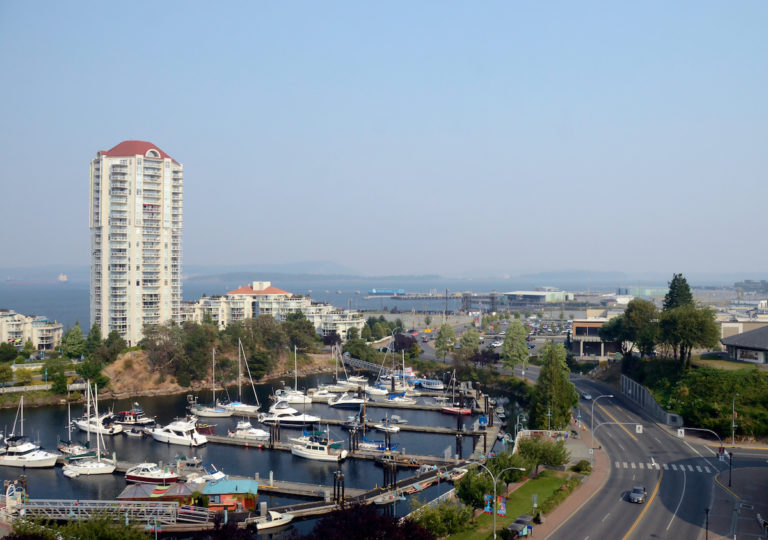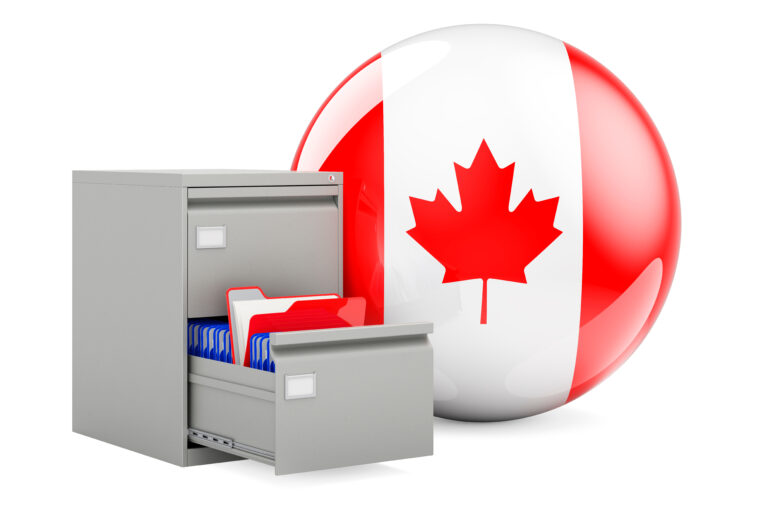Canada immigration news: Prince Edward Island has issued invitations to apply to 153 skilled worker and entrepreneur Canada immigration candidates in a new provincial draw.
The May 20 draw saw invitations issued through the Labour Impact, Express Entry and Business Impact Prince Edward Island Provincial Nominee Program (PEI PNP) streams.
It saw 137 invites issued to Labour Impact and Express Entry candidates, while Business Impact candidates received 16 invitations.
Business Impact candidates required a minimum score of 62 points.
Read More Canada Immigration News
Prince Edward Island Draw: Province Invites 141 Canada Immigration Candidates
Prince Edward Island Issues 142 Canada Immigration Invitations In New Draw
Prince Edward Island Introduces Two Free French Courses For Immigrants
PEI PNP Immigration Draws 2022
|
Date |
Category |
Invites Issued |
Minimum Score |
|
20-05-2022 |
Labour Impact/Express Entry |
137 |
N/A |
|
Business Impact |
16 |
62 |
PEI launched its Expression of Interest system at the start of 2018 and has made monthly draws ever since, with some disruption due to the coronavirus pandemic.
Video: How PNP Immigrants Can Move Anywhere in Canada
PEI issued a total of 1,933 invites during 2021, compared to 1,955 in 2020.
Of the 2021 invites, 1,764 went to Labour Impact and Express Entry candidates, with the remaining 169 going to Business Impact candidates.
Prince Edward Island Express Entry Stream
PEI’s Express Entry category operates by considering candidates already in the federal Express Entry Pool for a provincial nomination.
Such a nomination adds 600 points to a candidate’s Comprehensive Ranking System (CRS) score and effectively guarantees an Invitation to Apply (ITA) for Canadian immigration.
The PEI Express Entry Category features two pathways to Canadian permanent residence, one for candidates with a job offer and one for those without.
Prince Edward Island Labour Impact Category
1) Skilled Worker Stream
This employer-driven stream allows skilled workers with an employment offer in PEI to be nominated for Canadian Permanent residence if they meet the following criteria:
- A full time employment offer from a Prince Edward Island business in an occupation classified as skill level “0”, “A” or “B” of the National Occupational Classification (NOC);
- Completion of post-secondary education, with a minimum of 14 years of formal education;
- Between 21 and 55 years of age;
- At least 2 years of full time work experience in the past 5 years;
- Sufficient proficiency in English or French to occupy the employment offered;
- Sufficient settlement funds;
- Demonstrated intention to settle in Prince Edward Island.
2) Critical Worker Stream
This category is designed to resolve labour shortages and is open to foreign workers already in PEI with employment in specific critical demand occupations. The primary criteria for nomination are:
- A full time offer of employment from a Prince Edward Island business in one of the following occupations:
- Truck driver;
- Customer service representative;
- Labourer;
- Food & beverage server;
- Housekeeping attendant.
- 6 months of work experience with the Prince Edward Island business offering employment;
- Current valid Canadian work permit;
- High school diploma and minimum of 12 years of formal education;
- Between 21 and 55 years of age;
- At least 2 years of full-time work experience in the past 5 years;
- Demonstrate basic proficiency in English or French language;
- Sufficient settlement funds;
- Demonstrated intention to settle in Prince Edward Island.
Prince Edward Island Business Impact Category
Work Permit Stream
Individuals applying under the P.E.I. Work Permit Stream must obtain a Canadian work permit and work for a P.E.I. business for a certain amount of time as designated in a Performance Agreement.
After the Performance Agreement is fulfilled, the applicant must make a minimum $150,000 investment in the business and commit to managing the business on a daily basis from within P.E.I.
Previously, Prince Edward Island operated direct permanent residence business streams, but these were closed in September 2018 over immigration fraud concerns.

